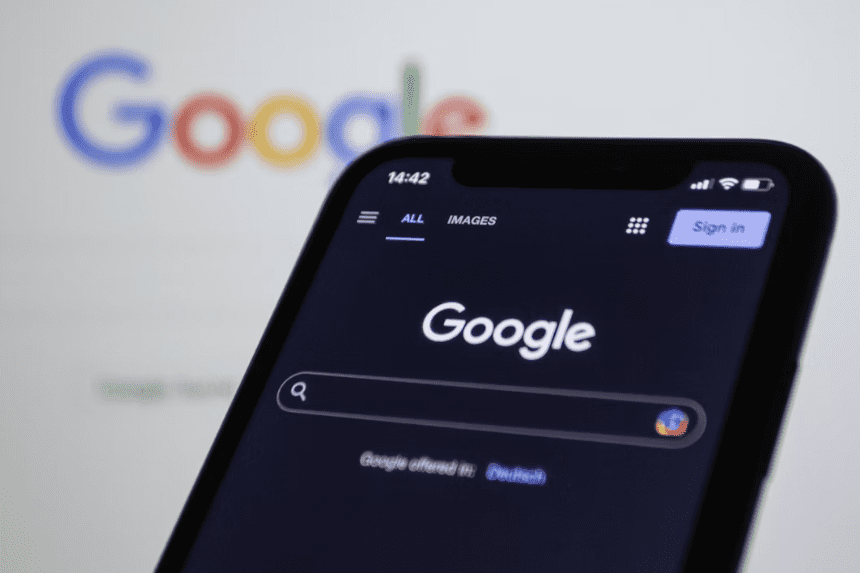In a historic antitrust case against Google, the company won’t have to sell its Chrome web browser or Android operating system. But now it has to share search data with its competitors and avoid making exclusive partnerships that keep other services from working. The ruling comes after a years-long court fight over Google’s control of the online search market.
The U.S. District Court said that Google has acted in ways that hurt competition, but splitting apart its main products would not be a good solution. The court instead set limits that would help restore fair competition without affecting vital consumer services or the tech ecosystem as a whole.
What led to the verdict against Google for antitrust?
The dispute was about Google’s long-term agreements with hardware and software partners. The corporation has been able to make its search engine the default on Android, Chrome, Apple devices, and even Mozilla’s Firefox browser for years.
Google spent almost $26 billion in 2021 alone to make sure its services were pre-installed or advertised. This financial power made it hard for smaller competitors to get into the market, which raised red lights in the U.S. Department of Justice and led to government action. Here is the link to our article on Google discrimination settlement.
What rules has the court put in place?
Google can no longer make exclusive deals for products including Google Search, Chrome, Google Assistant, and the Gemini app, as part of the verdict. This means that companies who create devices, like Samsung, Apple, and Motorola, can put rival search engines and AI assistants on their devices before they are sold or advertise them next to Google’s.
The corporation can still pay distributors for default placement, but only if the partnerships aren’t exclusive. This keeps some amount of competitive bidding for search placement while stopping Google from completely blocking other options.
What did Google do in response to the decision?
Google was happy with the result, saying it showed how much the IT world has changed, especially with the rise of AI. The corporation said again that customers chose its services because they are good, not because they have to.
The executives said that selling off Chrome or Android would have caused problems for both users and partners, and the court seemed to agree. The decision stressed the importance of finding a balance between restoring competition in the market and making sure that consumers still have access to important technologies. Here is the link to our article on Canada tech tax.
Who benefits from the choice?
Several big tech companies, not just Google, will benefit. Instead than having a long-term exclusive deal with Google, Apple is likely to renegotiate its profitable search deal every year. This gives competitors a chance and could lead to improved business terms for Apple.
Investors were happy with the news. After the verdict, shares of Alphabet, Google’s parent company, went up by more than 8%. Industry experts said the decision was a “win-win” for big tech companies because they may keep working together while adapting to new laws.
What do people who don’t like the ruling say?
Some people didn’t like the reactions. DuckDuckGo and other competitors said the decision was bad since it didn’t bring about real change. They say that Google’s dominant position is still mostly the same, and that people may still have few options when it comes to digital tools.
Consumer activists say that stronger actions, including breaking up important platforms, may have made the market more equitable. They are worried that Google will still have a lot of power over how people use its services and how the market works, even with these additional rules.
What will happen next in Google’s legal fights?
This decision over Google’s antitrust case doesn’t mean the business won’t have to go to court again. Another trial will start later this month. It will be on Google’s supposed monopoly on technology for internet advertising. Regulators say that the corporation has used unscrupulous methods to take over the digital ad market, which is worth billions.
The IT giant is under more and more pressure to change the way it does business while still being innovative and making money as more lawsuits are filed.
Final Thoughts
The Google antitrust ruling marks a turning point in how the U.S. regulates technology, signaling a shift in the government’s approach to digital monopolies. Google doesn’t have to break apart its business, but it must allow search and AI services to compete more fairly. The ruling sets a precedent for how authorities may handle platform ecosystems in an AI-driven world. However, critics argue that more aggressive measures are still needed to truly open the market.








